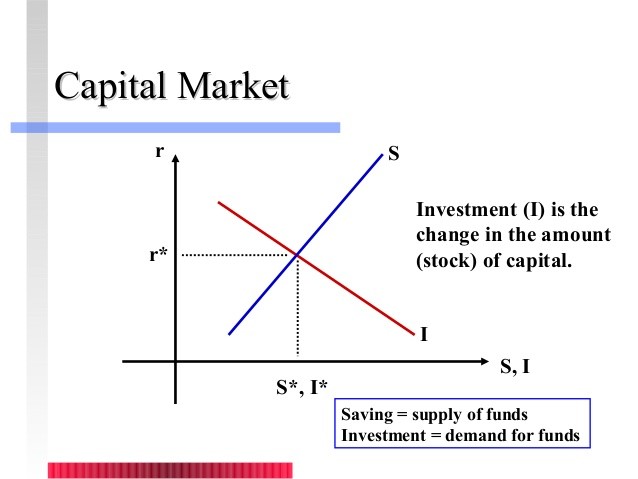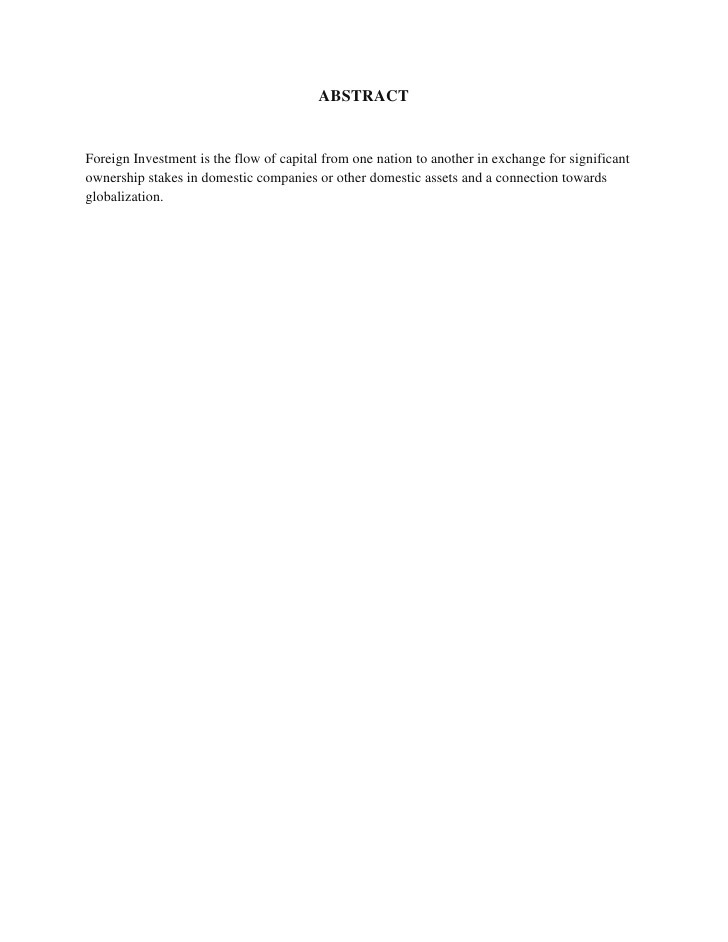Exchange Traded Funds Investment U_1
Post on: 14 Май, 2015 No Comment

by Alexander Green. Chief Investment Strategist, The Oxford Club Wednesday, March 26, 2008
by Alexander Green. Chairman, Investment U
Wednesday, March 26, 2008: Issue #779
For the past few years, I’ve written quite a bit about the value of buying stocks through exchange traded funds or ETFs. You now have the opportunity to enjoy the same advantages with the fixed-income side of your portfolio.
Exchange traded funds are essentially mutual funds that trade on an exchange, like a stock. State Street Global Advisors launched the first ETF in 1993. The idea quickly caught fire. There are now hundreds of ETFs representing dozens of different market sectors and asset classes.
A recent update from the Investment Company Institute reported 560 ETFs trading in the U.S. with a total market capitalization of more than $550 billion.
What Exchange Traded Funds Offer Investors
Here’s what exchange traded funds offer investors:
The largest exchange traded funds issuers are State Street Global Advisors, Barclays Global Investors, PowerShares and Vanguard. (All but Vanguard have recently launched ETFs for municipal bonds. both nationwide and for state-specific New York and California.)
Expense ratios for muni-bond ETFs are rock bottom, averaging between .2% and .3% of assets per year. That compares favorably with the average 1.1% for open-end muni funds and 1.2% for closed-ends.
So if you’re looking for tax-free income, check out State Street’s SPDR Lehman Municipal Bond (AMEX: TFI ). It replicates the Lehman Brothers municipal bond index.
If you’re seeking even more safety during these turbulent times, try the PowerShares Insured National Muni Bond (AMEX: PZA ). As the name suggests, the portfolio consists solely of insured bonds. (Only 46% of the bonds in the Lehman index are insured.)
Exchange Traded Funds For Every Market Sector

Of course, there are exchange traded funds for every sector of the fixed-income markets:
Don’t Mistake Exchange Traded Funds Volume For Liquidity
Incidentally, I’ve had a few investors tell me they avoid some exchange traded funds because of low trading volume. They are making the mistake of equating volume with liquidity. With exchange traded funds, trading volume and liquidity are two entirely different things. Unlike closed-end funds, ETF investments are open-ended.
This is an important distinction. Even without a change in the net asset value, a closed-end fund can see a sudden dramatic change in the market price if there is a spike in trading volume.
By contrast, a large number of buy or sell orders are unlikely to change the price of an ETF drastically, since new shares can always be created.
In short, fixed-income exchange traded funds offer an attractive combination of convenience, low expenses and good liquidity.














